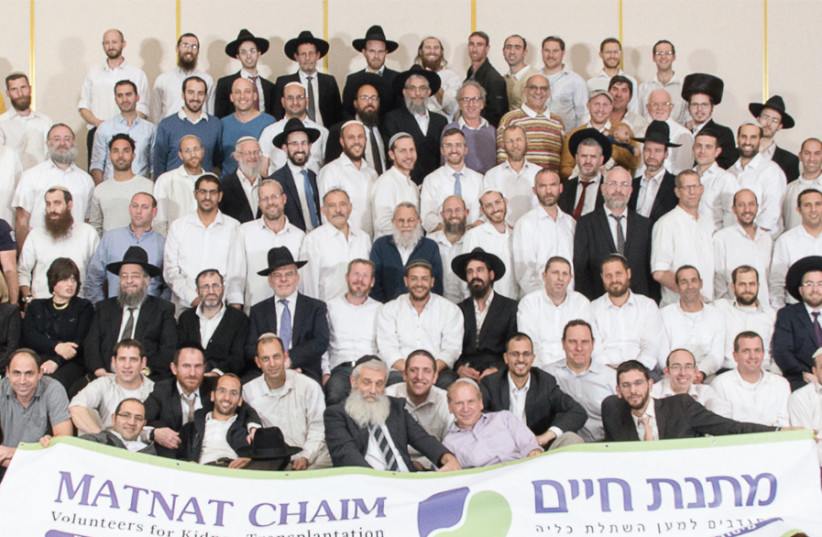The recent death of Dr. Leonard Bailey (who performed the first successful heart transplant to an infant) reminded me of how so many ultimately successful stories in organ transplantation begin with rather wild shots in the dark, involving patients who have little to lose.
Here's the NY Times obituary:
Dr. Leonard Bailey, Who Gave a Baby a Baboon’s Heart, Dies at 76
By Denise Grady, May 22, 2019
"Dr. Leonard L. Bailey,
who elicited both admiration and outrage by transplanting the heart of a baboon into a dying infant in 1984, died on May 12 at his home in Redlands, Calif. He was 76.
...
"Although Dr. Bailey went on to pioneer human heart transplants for infants, and to build a renowned center for children’s cardiac surgery at Loma Linda University in Southern California, he remained best known to the public as the doctor behind the wrenching story of the infant known as Baby Fae.
...
"“I knew she was going to die, and I had to try,” Ms. Beauclair [Baby Fae's mom] said in a telephone interview. “If I hadn’t tried, I always would have wondered, could we have saved her?
...
"The operation took place on Oct. 26, 1984. At first, Stephanie seemed to thrive. During a news conference at the hospital, Dr. Bailey was ebullient, describing her as a “beautiful, healthy baby” whose transplanted heart was doing “everything it should.”
"Baby Fae made headlines around the world. The public was enchanted by her. But reactions to the surgery ranged from awe to horror.
...
"Animal rights groups said killing the baboon was immoral and held demonstrations outside the hospital and Dr. Bailey’s home. He and the hospital received threats.
“This wasn’t a wild whim,” Dr. Roger Hadley, dean of Loma Linda University School of Medicine, said in an interview.
“He had worked for years on doing cross-species transplants in animals. We had a whole lab of animals who had somebody else’s heart.”
"Dr. Hadley added that the hospital at Loma Linda is faith-based — the hospital and the university are run by the Seventh-day Adventist Church — and said that all its ethicists and theologians had thought that the transplant was the right thing to do.
“We stood by him here,” he said.
...
"Stephanie’s initial rally after the surgery did not last. Rejection and organ failure set in, and she died on Nov. 15, 1984.
She had survived for 21 days.
"Her case helped focus concern on the plight of babies born with fatal heart defects, and the desperate need for organs.
The next year, Dr. Bailey performed the first successful heart transplant in an infant, from a human donor. He went on to perform 375 more over the course of his career, as well as other types of pediatric heart surgery. He continued operating until 2017.
"
Because of growing ethical concerns about experimenting on primates, research on using them as a source of organ transplants has mostly been abandoned. But efforts are underway to genetically alter pigs to make their organs compatible with humans."




